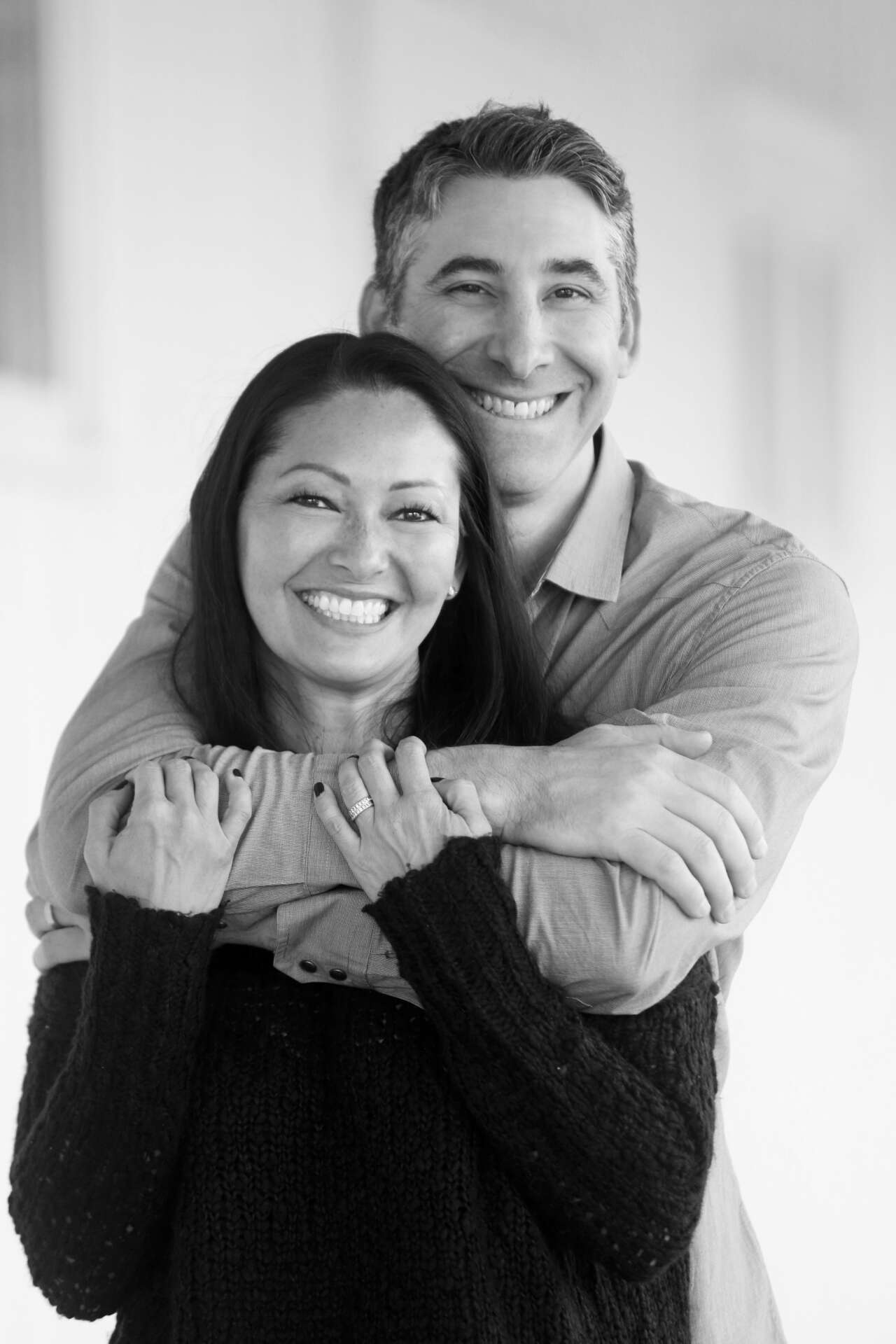We were lucky to catch up with Michele Sonsino recently and have shared our conversation below.
Michele, appreciate you joining us today. We’d love to hear the backstory of how you established your own practice.
When I first moved to Nashville, my soon-to-be husband was the chief of optometry at Vanderbilt Medical Center. I was looking around for a position and there were only corporate jobs available. I knew that wasn’t going to be right for me, so we decided to just start a practice. No one would give me a loan, since this was my first time running a business. So, we took out a mortage on our condo to get the capital needed to start the practice.
I “threw out the shingle” on West End Ave right in the heart of midtown. I started with one exam room, a tiny optical, one employee and worked seven days a week. In the beginning, I would go days without seeing a patient. But, the year I opened, Vanderbilt started offering vision insurance to its 30,000 employees and dependents, and my husband’s department didn’t accept that insurance. Being the closest location to the Vanderbilt campus, I immediately became busy. I started seeing all of the MDs and professors at that school. I built the practice and we took over the space next door to build two more exam rooms.
A few years later, my husband saw the incredible potential of joining me in private practice and decided to leave Vanderbilt. We became too crowded in that space and built a new space in the same plaza that was twice the size. Most of his patients with very complex problems followed him to continue fitting advanced contact lenses, and now he is receiving referrals for this same type of work from the majority of optometrists and Ophthalmologist in town.
Now that we have outgrown the Nashville practice, we decided to expand into our favorite town, Franklin. We recently purchased the practice of Dr. David Shen in the Franklin square. We will both be spending time in this exquisite space providing boutique eye care and advanced contact lens care. We are so excited to bring what we have learned in Nashville to Franklin.
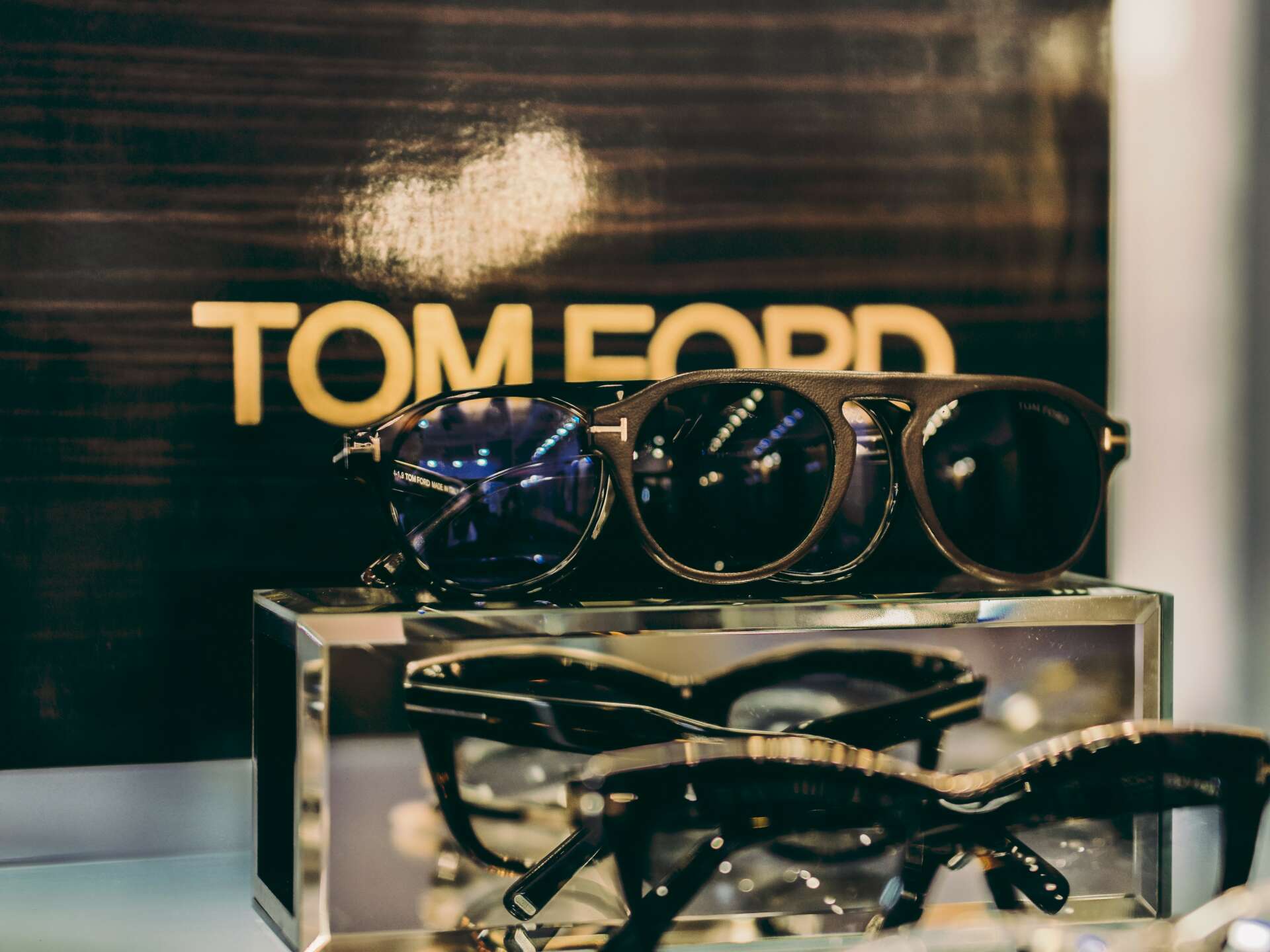
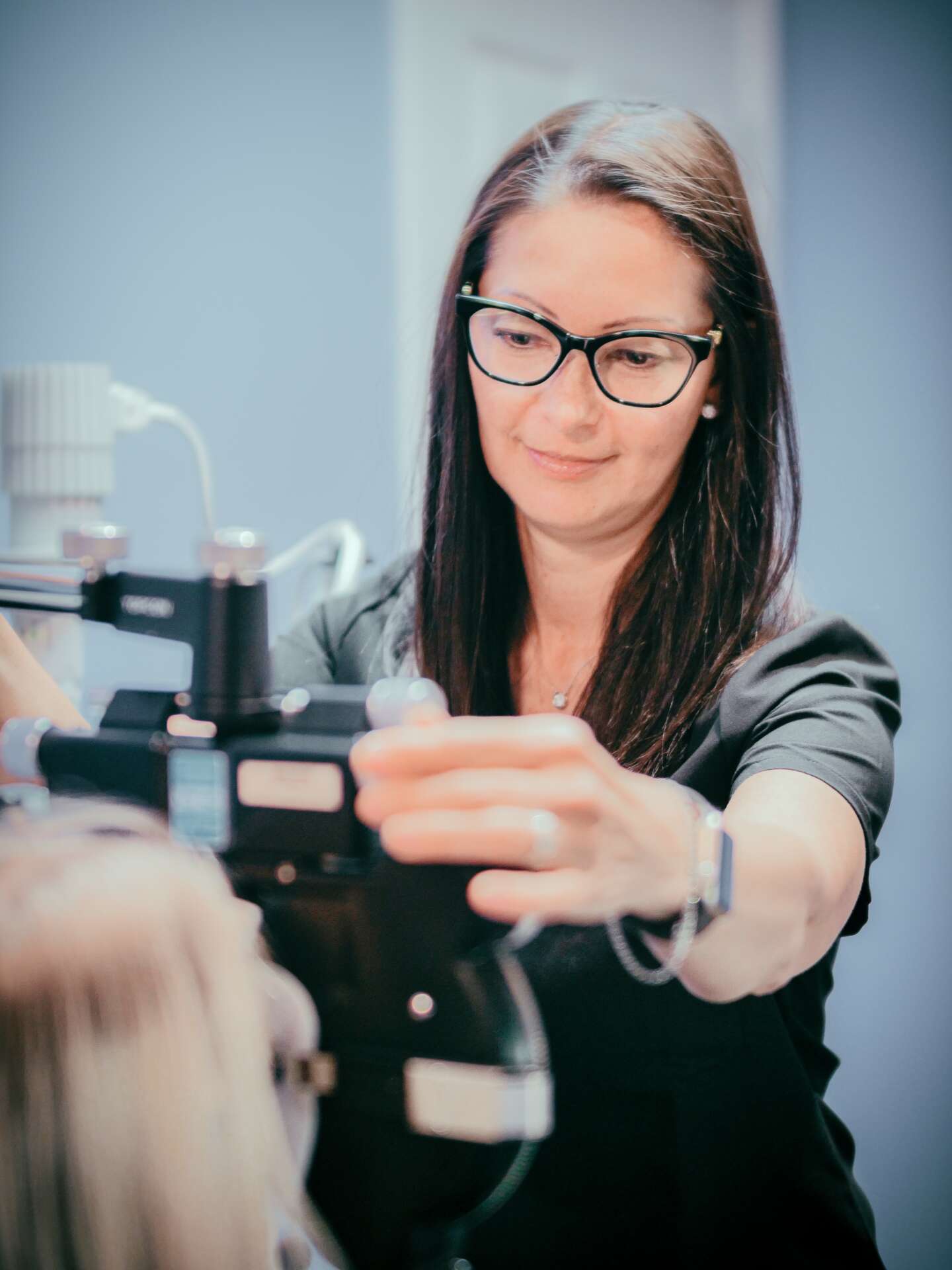
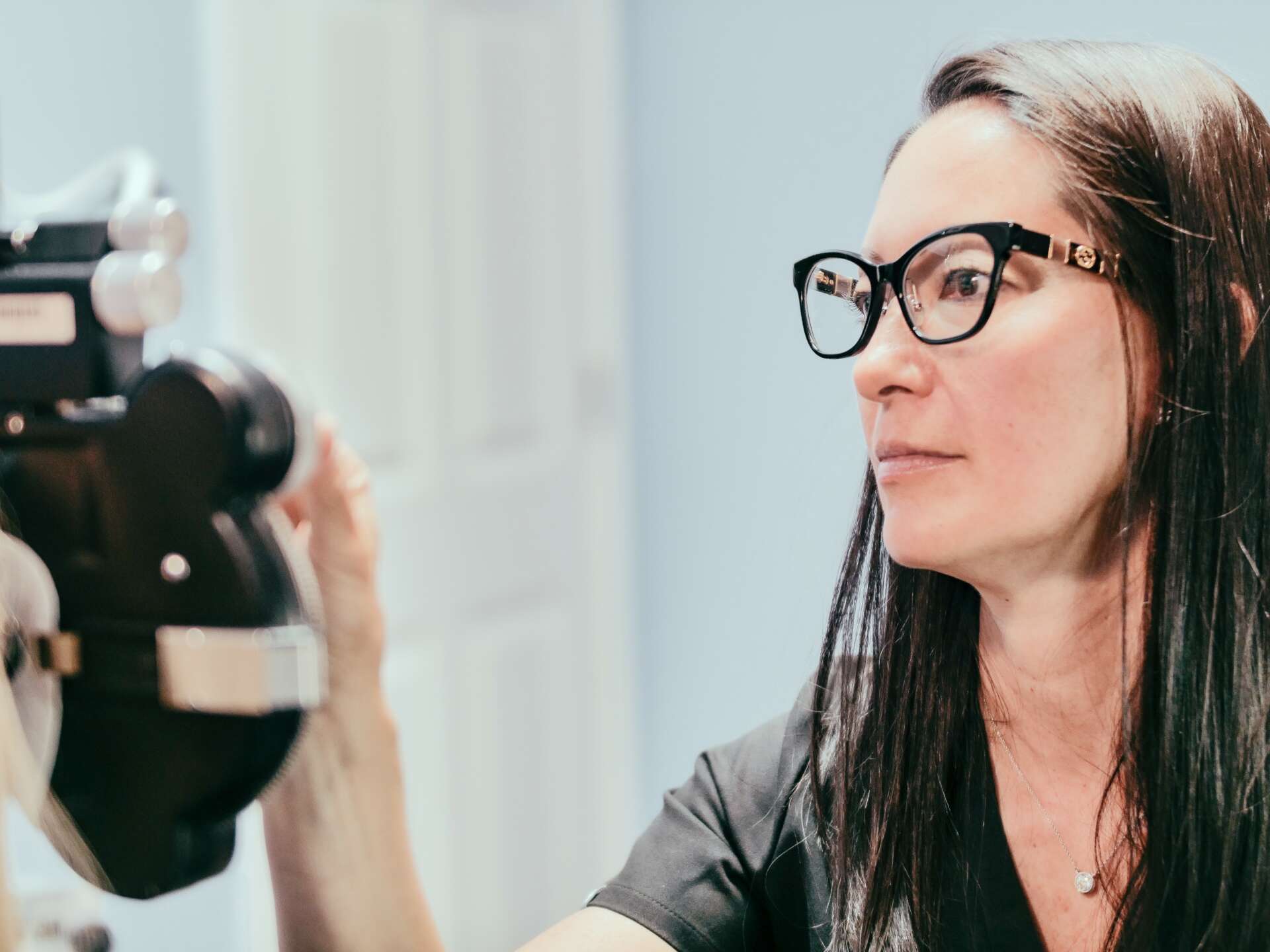
As always, we appreciate you sharing your insights and we’ve got a few more questions for you, but before we get to all of that can you take a minute to introduce yourself and give our readers some of your back background and context?
After studying broadcast journalism at University of Illinois, I knew that being in front of people all day was my calling. I trained at the Illinois College of Optometry in Chicago, where I met my husband, the resident in Cornea and Contact Lens. After school, I split my time between the south side of Chicago and Lincoln Park. These locations were dichotomous in many ways including the patients’ socioeconomic levels, types of eye pathology, and pace of the practices. In the south side, where patients were more disadvantaged and sicker, we saw 40 patients a day where our treatment meant the difference between blindness and sight. In the affluent Lincoln Park, the patients were healthier and the practice was centered more on aesthetics and higher order problems. The connections that I built with people when they were struggling with a sense as precious as sight were irreplaceable. This profession has taught me to treat everyone with grace, compassion, and respect.
Many times, a doctor’s practice mirrors their own demographic. I now specialize in helping people with the problems associated with becoming more “mature:” When reading vision declines, eyes become drier, and vision changes after age 40, we now have tons of options, many of which I use myself. Part of my practice is also dedicated to aesthetics, especially to the eyelids. I want my patients to see their best throughout their lives and with modern science, there is no reason they can’t. We have many new procedures, lenses and medication for seeing well at both distance and near for all stages of life.
Our associate sees younger patients and kids, and my husband sees patients with complex contact lens needs. Complex contact lenses are needed for conditions such as keratoconus, scars, and extreme dry eyes. For the patients who have these conditions, my husband’s skills are a blessing.
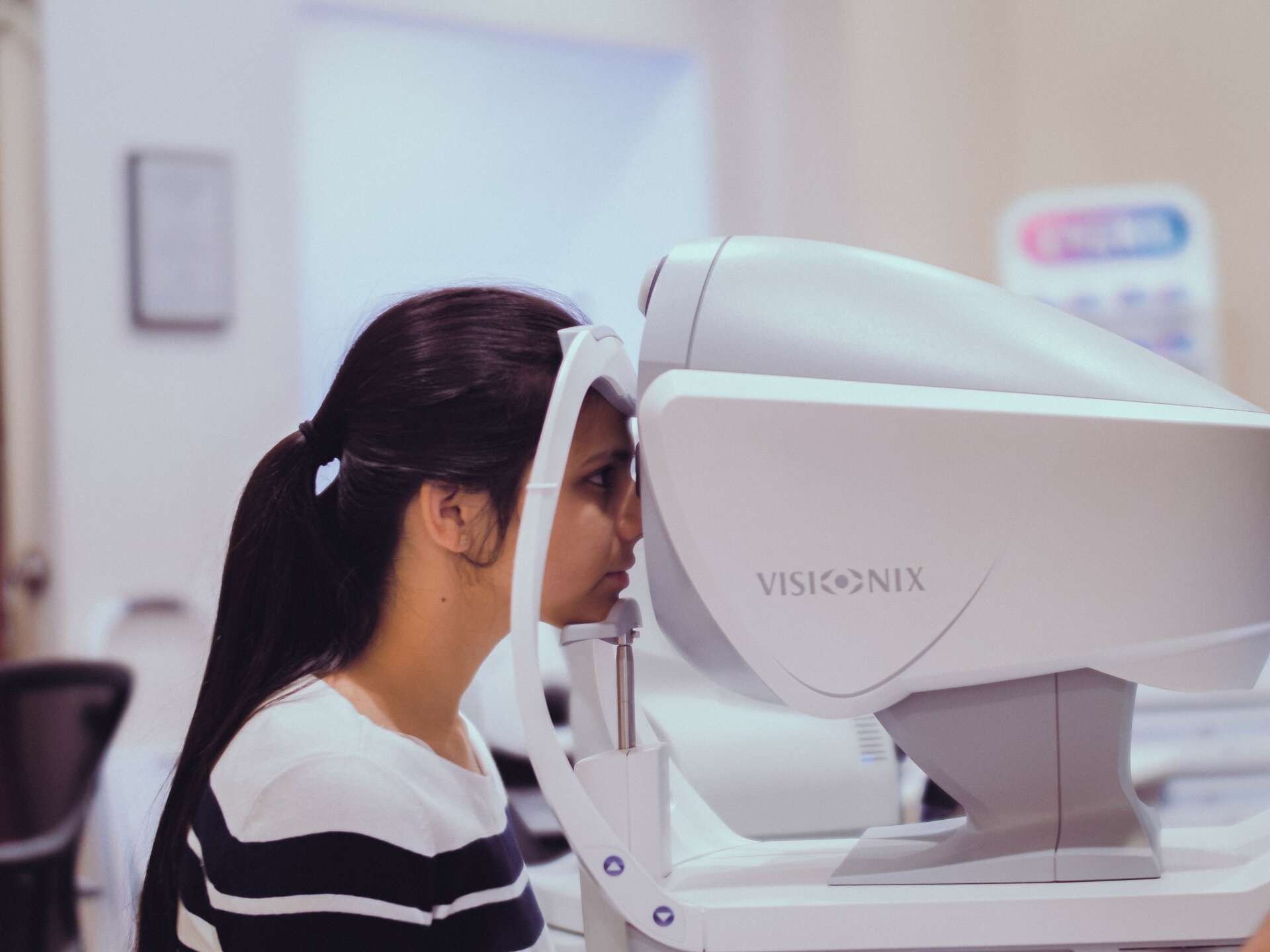
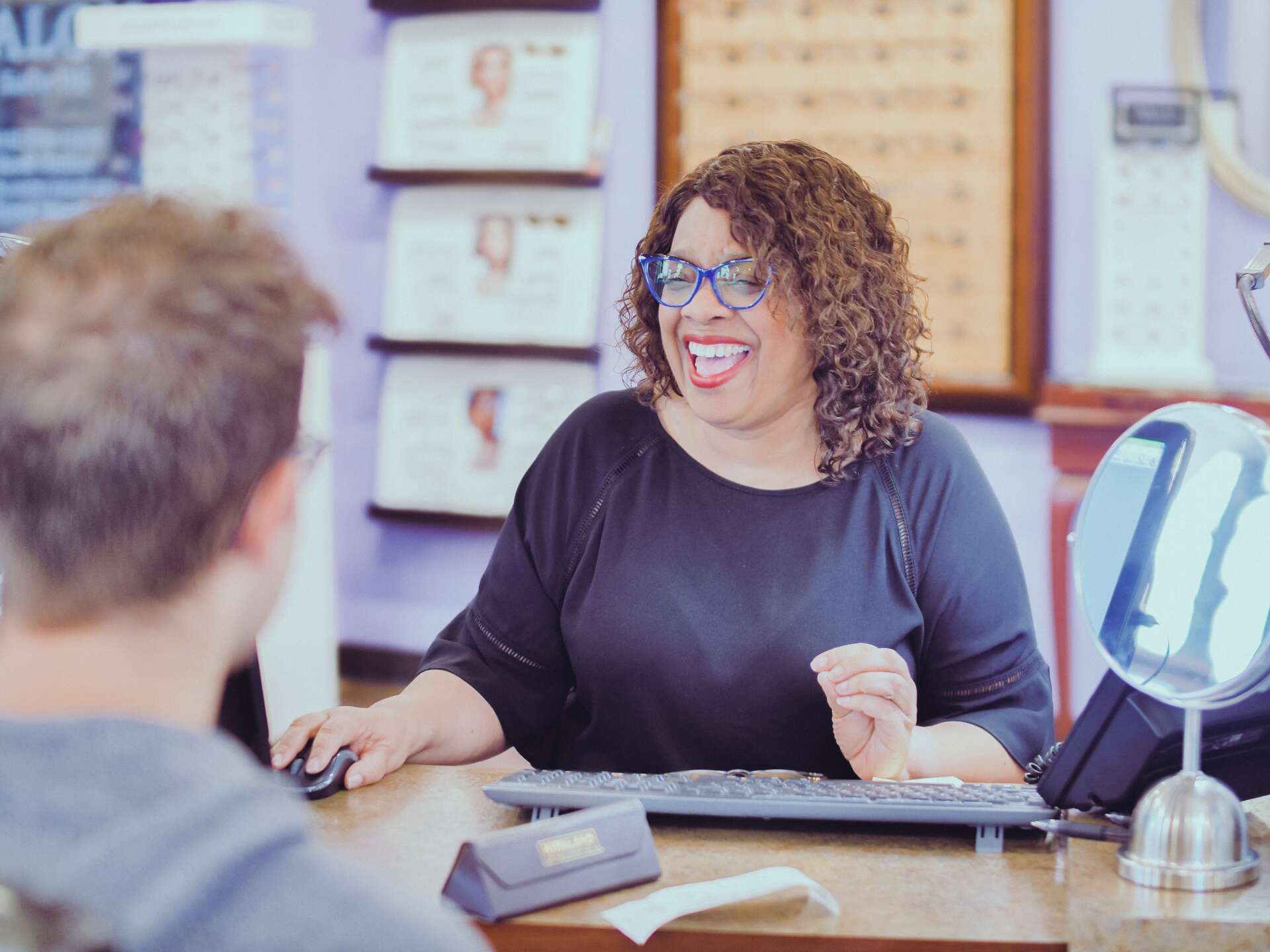

Can you talk to us about your experience with buying businesses?
Acquiring the practice of Dr. David Shen in Franklin has been a wonderful experience. The community has embraced him and his wife (and optician) Wendy Shen for over 18 years. They were wonderful during the transition and really wanted what is best for their patients. When you see people every year for 18 years, they become friends and really, part of your family. This is why my husband and I love the practice of optometry so much. At this point in our careers, we know exactly how to help people with their eyes. Now it is just as exciting getting to know interesting people and helping them through each stage of life… the good times and the bad.
What do you think helped you build your reputation within your market?
In optometry, honesty, integrity, and competence have built my reputation. Being in control of all of those aspects is most possible when the doctor is independent and in private practice. It seems like in medicine and optometry nowadays, more and more doctors are employed by private equity firms who actually own the practices. That may seem like no big deal from the outside, but in these corporate practices there is an accountant who is really running the show and telling the doctor what they can and cannot do. What’s worse is when the business “looks” like a private practice, but is actually owned by a corporation who has to pay shareholders.
Our practice is fiercely independent and not controlled by Wall Street. It allows me to make the absolute best decisions for my patients every day without regard for shareholders. Always doing right by my patients is what Is most important to me.
Contact Info:
- Website: OptiqueFranklin.com
- Facebook: https://www.facebook.com/optiquenashville/


